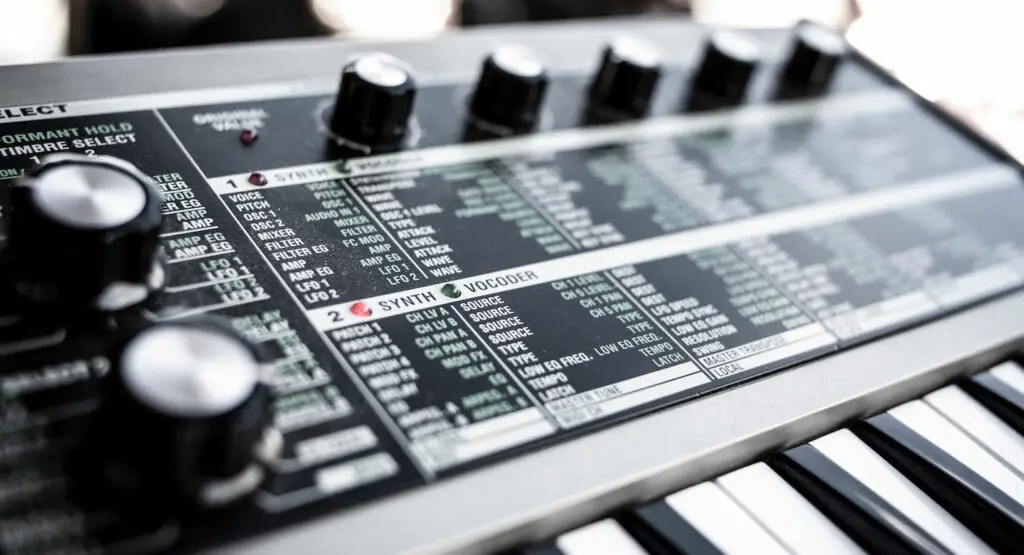People appreciate bass, given how this sound improves their listening experience. However, it becomes quite unsettling and discouraging with the thought of the danger it poses.
Bass is believed to cause hearing problems. Others even claim that the sound can damage the house.
However, how true are these claims? Can bass damage your house?
When it comes to listening to bass, you need to be careful. That’s because it can damage your house over time and even instantly, depending on its volume.
Despite low-frequency sounds, it is enough to cause cracks, especially on walls. The plaster walls and their drywall counterparts are often affected, although the latter is mostly damaged along the seams.
Why Can Bass Damage Your House?
It is no secret that bass increases your listening experience by a mile. However, it would do more harm than good if it damaged your house.
Unfortunately, that’s a probability to consider when enjoying the great sounds. Despite low frequencies, sound waves also have vibrations, which is the root cause of all problems.
The probability increases even higher if the bass volume is quite high. The higher the bass volume, the more common and serious the damage.
That’s because of how low frequencies work. After all, they are meant to be felt and not heard.
Whereas bass isn’t good for your house, there are some that you can listen to comfortably without worrying about any damage.
Let’s look at the various low-frequency waves and their respective effects.
Upper Bass
The frequency range of this bass is from 100 to 200 Hz. That’s loud enough for your ear to detect.
If you are experiencing the chest-punching bass that doesn’t escape the human ear, there is a high chance that this is the bass you are listening to and hardly causes vibrations.
Mid Bass
The frequency of this bass sound is between 31.5 and 80 Hz. It also doesn’t escape the human ear.
As a matter of fact, the experience is similar to that of its upper counterparts. So, don’t expect it to cause vibrations or damage your house.
Deep Frequency
The frequency ranges from 10 to 25 Hz. It is known for causing mechanical vibrations, often referred which one can also term as abnormal vibrations.
They are strong enough to make the earth tremble. Under such circumstances, you will most likely experience strange things as you listen to your bass.
For instance, pictures and wallpapers are likely to fall off due to vibrations. Equally important, things inside a cupboard or on a shelf will rattle.
Infra-sound
The frequency of this wave doesn’t meet a threshold of 20 Hz. One can classify it as deep frequency since it falls within its range.
Due to its low frequency, don’t expect to hear it with your human ear. However, it is the most felt bass and the best for the sound’s listening experience.
Besides sound, it causes vibrations that annoy most, if not all, of the time. These vibrations are usually responsible for the structural damage associated with bass.
Can Loud Bass Cause Health Problems?
Whereas bass is intriguing to listen to, your health would like it if you took things slow. After all, too much bass will do more harm than good since it jeopardizes your health.
The main culprit is the high-intensity low frequency, popularly called HI/LF sound. If you listen to highly amplified bass music, be careful since it produces this sound.
Other sources include battlefield noise, racing cars, and airplanes. These noises cause physical harm, and their complications can also be fatal.
The most evident heath problem emanating from loud bass is hearing loss. Some of these effects are irreversible hence the need to be careful.
What Happens When You Have Too Much Bass
We have mentioned most of the effects of listening to too much bass, but there is no harm in reiterating it. Most issues are health-related, but there are more, including the following;
It is enough to damage your house, which one can’t afford to ignore. Is a great listening experience worth constructing a new house?
Or better yet, does it justify the damage that a collapsing house can cause? You must agree that your safety is more important than the bass’s entertainment.
Did you know that listening to too much bass can take away the enjoyment that the sound was intended to bring in the first place? It gets too uncomfortable to listen; hence not worth it.
How Much Bass is Too Much?
Despite discussing the various bass sounds and the effect that too much of it causes, we have yet to discuss what’s too much. It is believed that bass can only create more room for the rest of the song at -12db.
That’s the recommended threshold when recording bass. If you use the headroom, maintain a variance between the level of your kickdrum and the sub-bass.
The latter should be lower than the former at all times. Preferably, maintain a difference of between 2 and 5 dB.
Whereas you may not measure the frequency, some things can indicate that you are dealing with too much.
Here’s a discussion on this critical matter.
- If your bass sound increases or decreases over time, there is a high chance it is too much for your space. Consequently, the waves are either building on or canceling each other hence the effect.
- If your stomach starts doing tricks from listening to bass, consider lowering its volume
- Sometimes your teeth can feel the heat and hence start rattling, and that sensation is way uncomfortable
- If sounds are no longer audible, especially in a crowded space, there are high chances you are listening to too much bass. Don’t wait until you experience total ear loss to realize it
- If the feeling you get from listening to the bass sound is bad, that’s too much. It shouldn’t be uncomfortable but enjoyable to listen to the sound at the right volume
Nevertheless, it all narrows down to your preference. After all, what one listener finds too loud may not bother another, which is understandable and reasonable.
The bottom line is focusing on your health and your house. You should also consider your neighbors; enjoying at their expense would be unfair.





